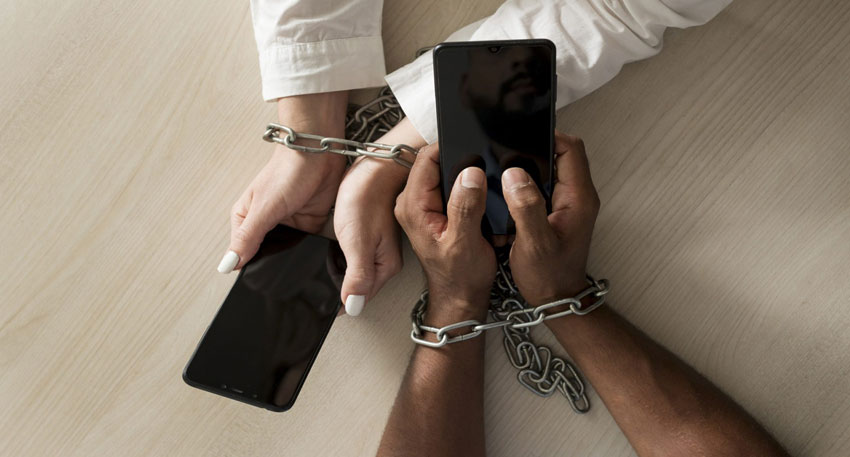
Daisuke Hori, 40, from Hyogo prefecture in western Japan, said he has trained his brain and body to function normally with minimal sleep and never feels tired.
Hori is an entrepreneur, who loves music, painting and mechanical design, according to South China Morning Post.
He started cutting back on sleep 12 years ago to gain more active hours each day and managed to reduce his sleep to only 30 to 45 minutes a day.
“As long as you do sports or drink coffee an hour before eating, you can stave off drowsiness,” he said.
In 2016, Hori founded the Japan Short Sleepers Training Association, where he conducts classes on sleep and health.
“People who need sustained focus in their work benefit more from high-quality sleep than long sleep. For instance, doctors and firefighters have shorter rest periods but maintain high efficiency,” he said.
Also Read: Obesity: Exercise during evening may offer more health benefits
Japan’s Yomiuri TV followed Hori for three days in a reality show called Will You Go With Me? On the first day, Hori slept for just 26 minutes and woke up naturally, full of energy.
After breakfast, he headed to work, squeezing in a gym session.
Hori’s online resume says he has taught more than 2,100 students to become ultra-short sleepers.
One of them told Yomiuri TV that she cut her sleep from eight hours to just 90 minutes after training and has maintained it for four years while keeping her skin and mental health in great condition.
The phenomenon has sparked a heated discussion on social media.
One online observer wrote: “He is a true master of time management. I also want to learn how to sleep less and work more efficiently.”
However, another person said: “This is overdrawing one’s life in advance! Even if the brain can stay awake, the heart won’t be able to handle it.”
Doctors said that ultra-short sleep is not suitable for everyone and comes with side effects.
“Adults are recommended to get seven to nine hours of sleep each day. Sleep is an important period for the body and brain to recover and repair,” Guo Fei, a neurologist at Huazhong University of Science and Technology Xiehe Shenzhen Hospital, told the South China Morning Post.
“Chronic sleep deprivation can lead to memory decline, weakened immunity, mood disorders and an increased risk of cardiovascular diseases,” Guo added.
There have been reports of other extreme lifestyles across Asia.
Prahlad Jani, an Indian yogi, claimed to have lived without food and water since 1940. He reportedly died at 90 years old in 2020.




